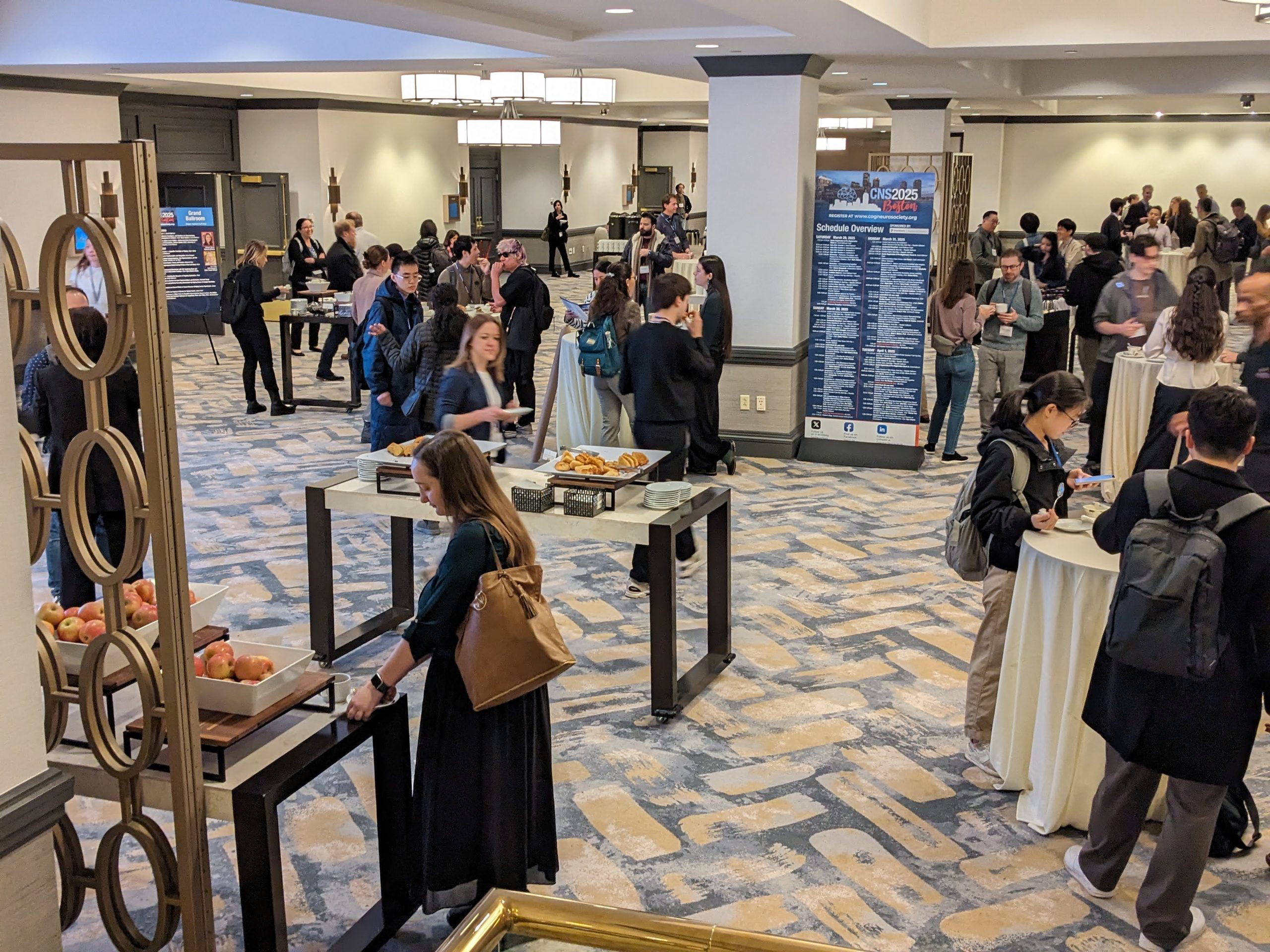The Cognitive Neuroscience Society (CNS) is committed to the development of mind and brain research aimed at investigating the psychological, computational, and neuroscientific bases of cognition.
The term cognitive neuroscience has now been with us for almost three decades, and identifies an interdisciplinary approach to understanding the nature of thought.
CNS Account Login Become a MemberMarch 7 – 10, 2026
CNS AccountSAVE THE DATE! CNS 2026 Annual Meeting, March 7 – 10, 2026
We invite you to join us at the Cognitive Neuroscience Society (CNS) 2026 Annual Meeting, March 7 – 10, 2026 in Vancouver, BC, Canada at the JW Marriott Parq Vancouver Hotel, located located at 39 Smithe St, Vancouver, BC V6B 0R3, Canada. We will have a full schedule of events slated for this year’s meeting that will include Invited Symposia, Symposia, Several Poster Sessions, a Keynote Address as well as our Annual George A. Miller Award Lecture, Distinguished Career Contributions Award Lecture and Young Investigators Award Lecture. #CNS2026
CNS Diversity and Inclusion Statement
The Cognitive Neuroscience Society (CNS) stands against racism, hate, and injustice. We affirm unequivocally that Black Lives Matter. CNS condemns all acts of discrimination and violence against Black people and other people of color. As an international organization, CNS is committed to the fight against racism, and to promoting inclusion and diversity in science and academia globally. Yet, we recognize we can and must do more. Read our full statement here.

CNS 2025 Blog
Read coverage of the 32nd CNS annual meeting, held in Boston, MA, March 29-April 1, 2025.
CNS 2025 Blog